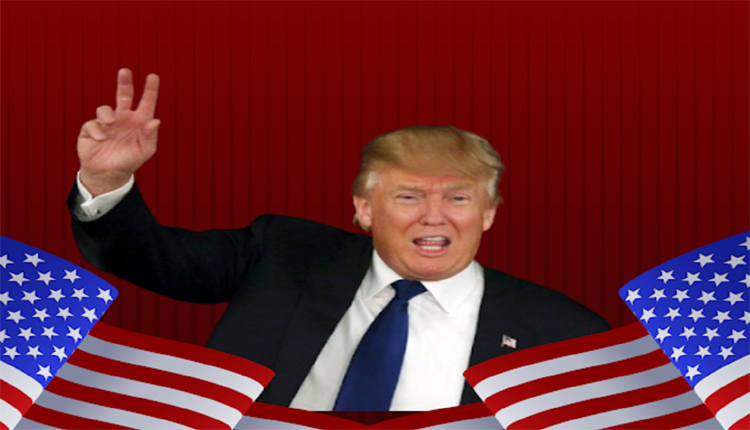NewYork: As Trump got ready to return to the White House for the comeback as a President, legal cases he is in may take a new turn. If Trump is to triumph in the next election slated for the year, he is likely to be inaugurated as the President in January the following year which is in 2025. His second term may therefore be of tremendous importance not only in defining his political destiny but also the criminal and civil suits in progress against him.
Trump the GOP candidate has multiple ongoing criminal charges including a plot to overturn the 2020 results, possessing classified material in Florida and interfering with Georgia state election. It remains to be seen how these cases will be affected by the boost Obama got in his renewed executive powers.
Lawyers also fear that if Trump were to come back to the presidency, his legal team may be in a position to shut or reroute some processes using the presidency powers. For example, in the case of interference in the 2020 election his defence team could argue that things done during the period of his first term enjoy immunity. In the same way, that accusations that involved the unauthorised holding of classified papers can predisposed by his rank, because a sitting President may use legal loopholes in order not to proceed with other investigations.
One example of this is the “executive privilege”, which means that a sitting President is justified in withholding some information from the legal probe of any kind: this might become a crucial part of Trump’s defence. Also, as President he may gain legal shielding that would possibly stall or reduce some criminal matters possibly changing the course of the cases.
Apart from criminal charges, Trump is currently involved in other civil litigations other than criminal charges. Some of these, the pundits say, may be reduced because of his official responsibilities; some of these may be terminated depending on the current legal positions and the courts. The extent of his immunisation and power will still be the extent of judicial discretion and the attitude that specific judges adopt about his responsibilities.



Comments are closed.